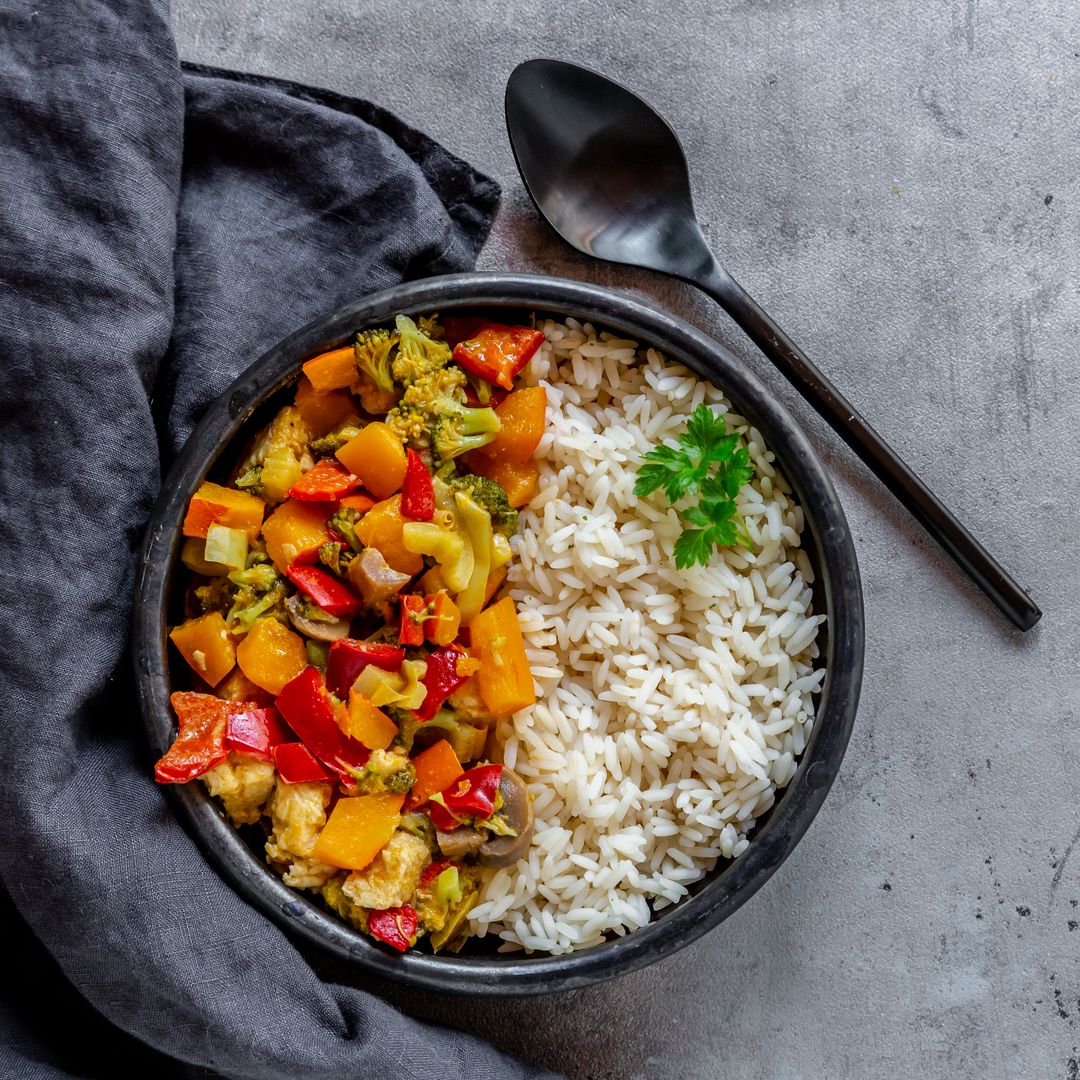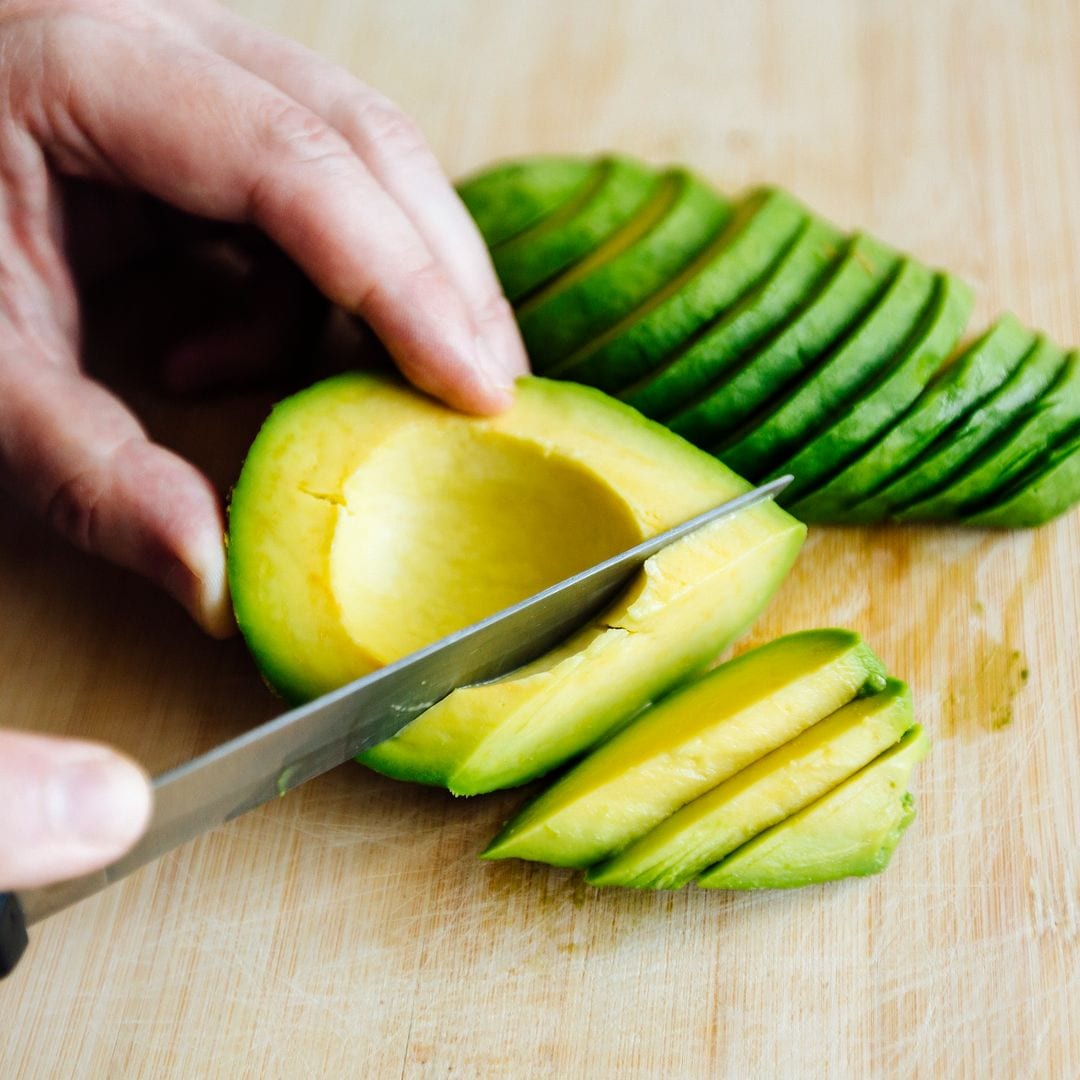You may have chosen to have plastic surgery for aesthetic rather than health reasons. But, as with any operation, pre- and post-operative care are vital. You’ll need to think about your diet. While your medical team will of course advise on your individual case, here are some general guidelines on foods that can reduce inflammation and the possibility of bleeding, improve healing, boost the immune system and minimise pain.
Sanitas’ Dr Ángel Juárez, an expert in cosmetic surgery, says that his overall advice is for a balanced diet, containing all the major food groups (carbohydrates, proteins and fats), rich in fiber and with adequate fluid intake. Here, he explains what different elements contribute and makes some special recommendations.
- Proteins are involved in muscle and skin repair, reducing inflammation and contributing to the formation of connective tissue and blood vessels. Ideal sources are lean meats such as chicken and turkey.
- Carbohydrates give your body the fuel it needs while recovering.
- Fiber-rich foods favor intestinal transit and prevent constipation. Vegetables, fruit and wholegrains are all suitable.
- Foods rich in vitamin A (e.g. carrots, spinach, beef, chicken, fish) and vitamin C (e.g. kiwi, orange, broccoli) help the formation of connective tissue; while those rich in vitamin E (e.g. nuts) have antioxidant power.
- Other beneficial nutrients are arginine (found in legumes) and glutamine (found in nuts), which support healing and the immune system.
- Fluids are essential as they hydrate the tissues and benefit the skin.
Different surgeries, different diets
Dr Juárez tells us that depending on the type of surgery you’re having there are more factors to take into account.
Facial surgeries (e.g. rhinoplasty, blepharoplasty, otoplasty, facelift): Liquid and soft foods are best during the recovery period, so that the facial muscles work as little as possible. Very hot foods should be avoided, since heat can increase inflammation and bleeding.
Abdominal surgery (e.g. abdominoplasty): Foods rich in fiber should be eaten, both before and after the operation, to increase intestinal transit and avoid constipation. Gas-producing foods (e.g. cabbage, broccoli, cabbage) and fizzy drinks should be avoided, as they make the post-operative period much more uncomfortable.
Liposuction: Especially when a large amount of fat is removed, plenty of fluids are needed to replace those lost, along with foods rich in protein to replenish the tissues.
What not to eat
According to the expert, when any surgery is planned, you should avoid stimulating substances such as alcohol, caffeine and tobacco for at least 24 hours beforehand.
In addition, it is very important to stop taking all types of dietary supplements and alternative remedies two weeks before the procedure, says Dr Juárez. He explains that substances such as herbs can interfere with anesthesia, as well as with medicines like painkillers and anti-coagulants. For example, he says: “Garlic, ginkgo or ginseng can affect blood circulation.”
Disclaimer: This information is for general knowledge only and should not be used in place of professional medical advice. Always consult with your doctor or a qualified healthcare provider for advice on any medical concerns.
,type=downsize)





